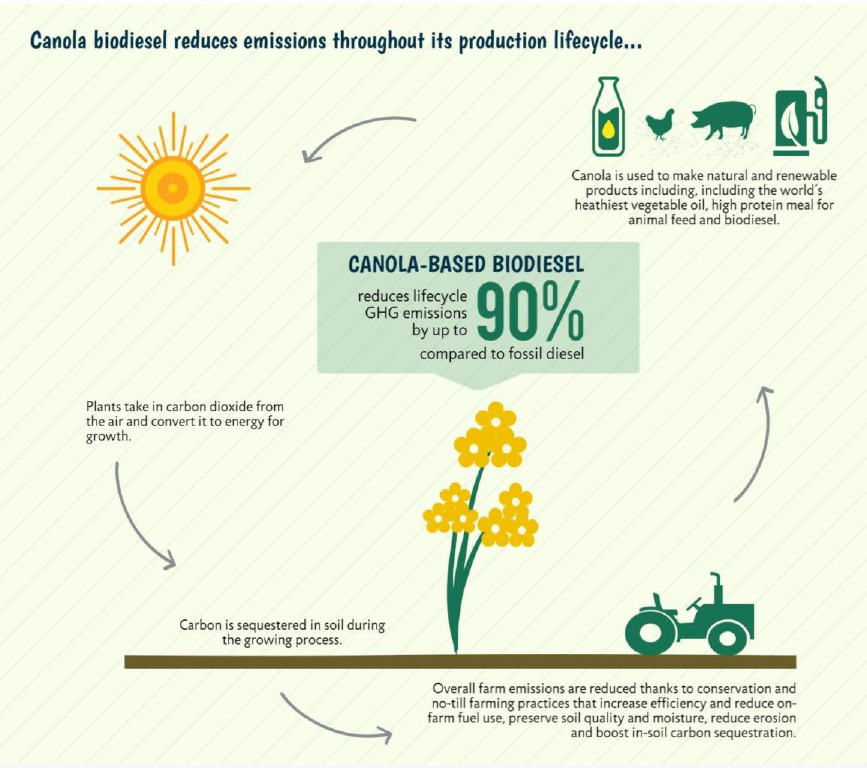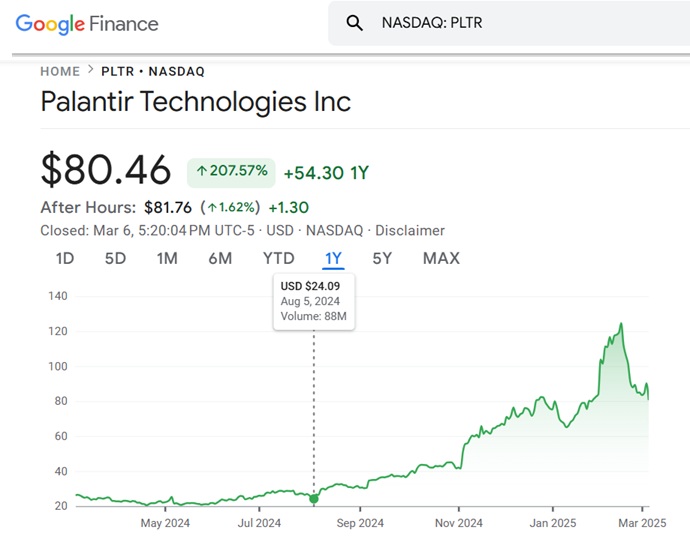China's Canola Imports: A Post-Canada Landscape

Table of Contents
The Impact of Canada's Canola Export Restrictions on China
The imposition of restrictions on Canadian canola exports to China significantly altered the global canola trade. This section will delve into the consequences of this disruption, examining the reduced Canadian supply and China's subsequent search for alternative suppliers.
Reduced Canadian Canola Supply
The decline in Canadian canola exports to China has been substantial.
- In 2018, Canada exported over 5 million metric tons of canola to China.
- Following the imposition of restrictions in 2019, exports plummeted, resulting in a significant loss of revenue for Canadian farmers.
- Government reports and trade data from Statistics Canada and the Canadian Grain Commission confirm this dramatic decrease.
This reduction had a significant economic impact on Canadian farmers and the broader Canadian economy, impacting employment and agricultural output. The loss of the Chinese market forced Canadian producers to seek new export markets, often at lower prices and with increased transportation costs.
China's Search for Alternative Suppliers
Faced with reduced Canadian canola supply, China actively sought alternative sources to meet its domestic demand. This diversification strategy involved increased imports from several countries, including:
- Australia: Became a major supplier, significantly increasing its canola exports to China.
- Ukraine: Expanded its exports to China, capitalizing on the market opportunity.
- Russia: Contributed to the supply chain, although often facing quality and logistical challenges.
- Brazil: Emerged as a potential, albeit smaller, player in the Chinese canola market.
However, finding a perfect replacement for Canadian canola proved challenging. Canadian canola is renowned for its high quality and consistent supply, qualities not easily replicated by all alternative suppliers. This disparity in quality created challenges for Chinese processors accustomed to Canadian standards.
Geopolitical Implications and Trade Tensions
The disruption to China's canola imports is inextricably linked to broader geopolitical tensions and trade disputes between Canada and China. Understanding this context is essential for grasping the full implications of the situation.
The Role of Trade Disputes
The canola issue is only one aspect of a wider range of trade disputes between Canada and China. Other disagreements, including intellectual property rights and allegations of human rights abuses, created a tense atmosphere that undoubtedly influenced trade decisions.
- These broader trade disputes created uncertainty and mistrust, making it difficult to resolve the specific issues related to canola imports.
- The interconnectedness of these disputes highlights the complex relationship between trade and geopolitics.
Impact on Global Canola Prices
The changes in China's import patterns significantly impacted global canola prices and market stability.
- The initial reduction in Canadian exports caused price volatility, impacting both producers and consumers.
- The increased reliance on alternative suppliers led to shifts in global supply chains, increasing transportation costs and creating potential bottlenecks.
- Market volatility increased, creating uncertainty for all players in the global canola market.
Future Outlook for China's Canola Imports
The future of China's canola imports remains uncertain, dependent on several intertwined factors including geopolitical relations, domestic production capabilities, and global market dynamics.
Potential for Increased Diversification
China is likely to maintain a diversified approach to canola imports, reducing over-reliance on any single supplier.
- The risk of future disruptions and geopolitical tensions incentivizes maintaining multiple supply sources.
- However, the long-term relationship with Canada remains uncertain. Resuming full-scale imports from Canada depends on the resolution of underlying trade disputes and diplomatic relations.
- Other countries will continue to compete for a share of the Chinese canola market.
The Role of Domestic Canola Production in China
China is also investing in increasing its domestic canola production to reduce dependence on imports.
- Government policies supporting domestic canola farming aim to boost yields and improve quality.
- While domestic production can reduce reliance on imports, it is unlikely to fully replace the need for international canola in the near future.
- Challenges remain in terms of land availability, climate suitability, and technological advancements.
Conclusion
The shift in China's canola imports following restrictions on Canadian supplies represents a significant restructuring of the global canola market. The diversification of suppliers, the impact on global prices, and the underlying geopolitical tensions all contribute to a complex and evolving landscape. Understanding these dynamics is crucial for navigating this new era. Further research into China's canola import policies and the performance of alternative suppliers is critical for predicting future trends in China's canola imports and for making informed business decisions. Stay informed about the evolving situation to effectively navigate this significant shift in the global canola market and its ripple effects.

Featured Posts
-
 Nottingham Attack Inquiry Nhs Trust Chief Pledges Cooperation
May 10, 2025
Nottingham Attack Inquiry Nhs Trust Chief Pledges Cooperation
May 10, 2025 -
 Market Rally Shakes Up Palantir Stock New Analyst Forecasts
May 10, 2025
Market Rally Shakes Up Palantir Stock New Analyst Forecasts
May 10, 2025 -
 Why Is The Us Attorney General On Fox News Daily A More Important Question Than Epstein
May 10, 2025
Why Is The Us Attorney General On Fox News Daily A More Important Question Than Epstein
May 10, 2025 -
 Data Breach Investigation 90 Nhs Staff Accessed Nottingham Attack Victim Records
May 10, 2025
Data Breach Investigation 90 Nhs Staff Accessed Nottingham Attack Victim Records
May 10, 2025 -
 Nigel Farages Reform Party More Than Just Complaints An Analysis
May 10, 2025
Nigel Farages Reform Party More Than Just Complaints An Analysis
May 10, 2025
